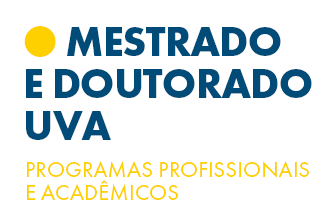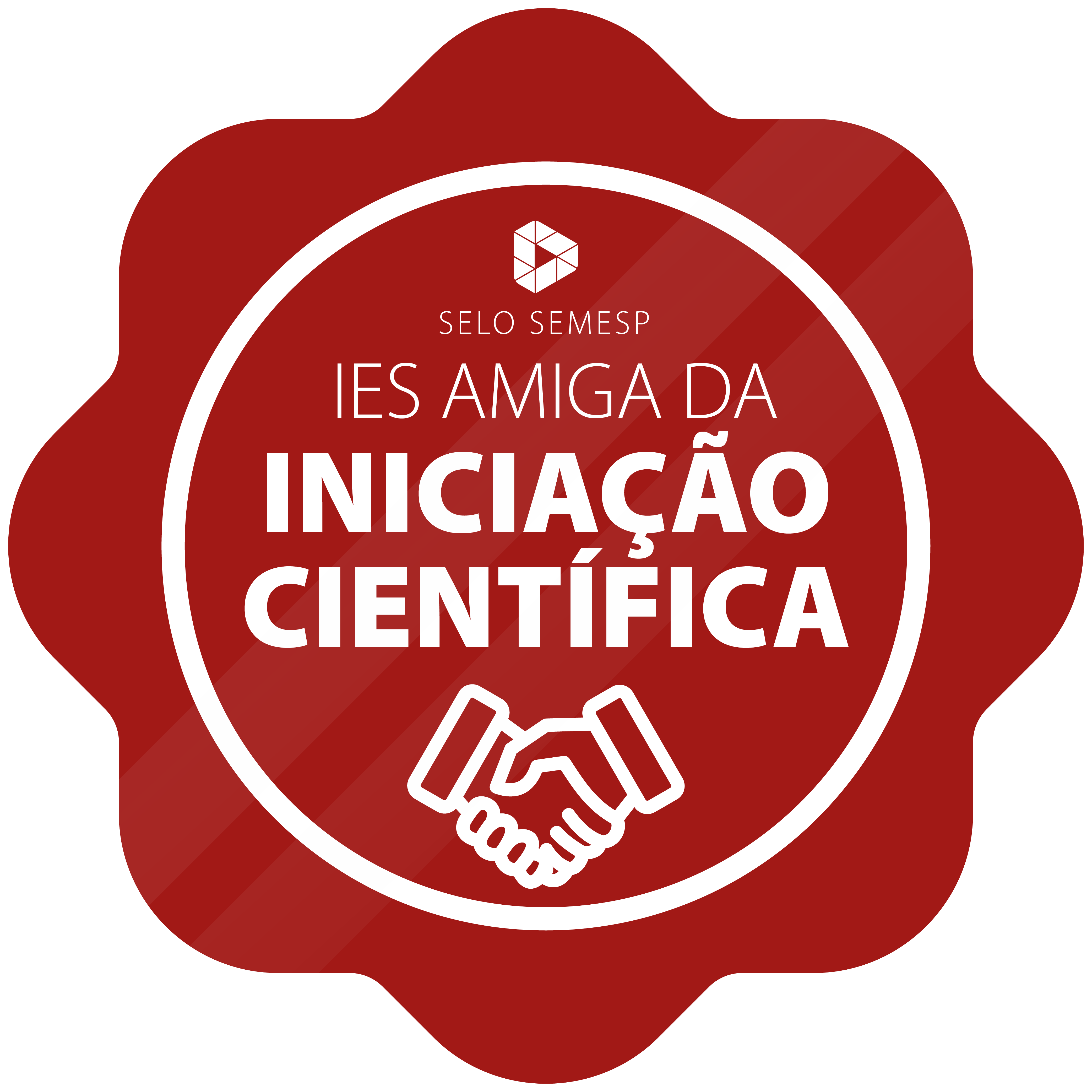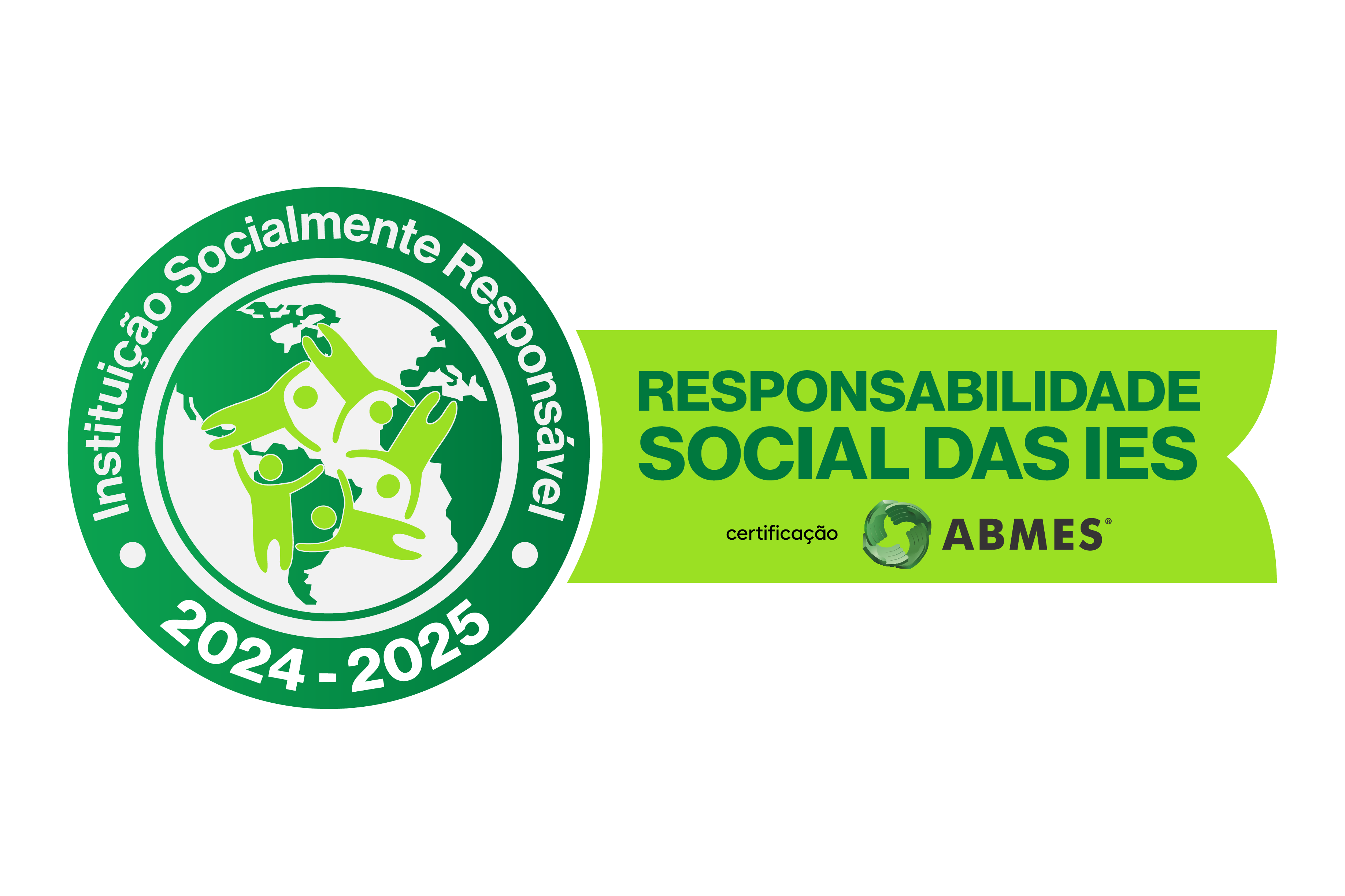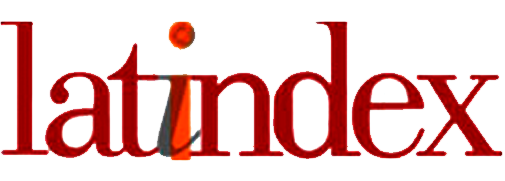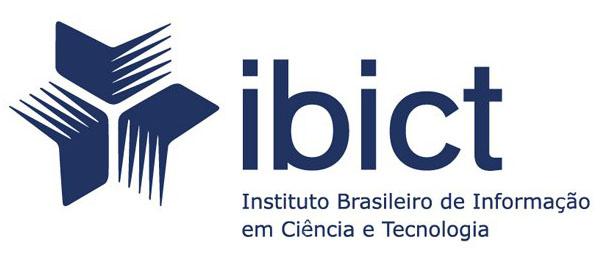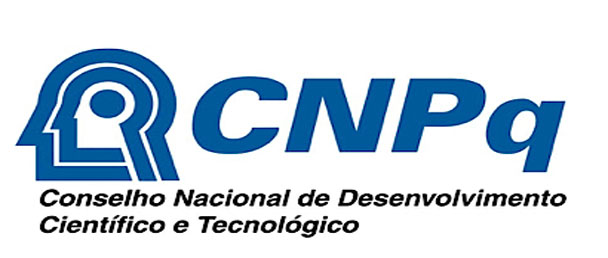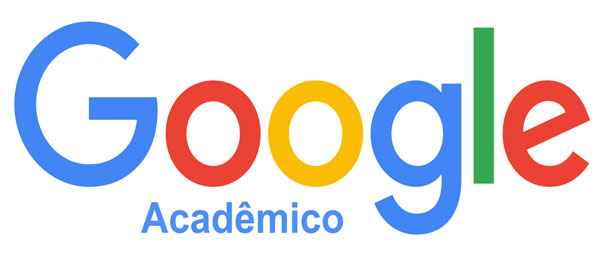Teaching materials as a pedagogical resource in special and inclusive education
Teaching materials as a pedagogical resource in special and inclusive education
Keywords:
Courseware, Special and Inclusive Education, Pedagogical resourceAbstract
Didactic resources are commonly used in Brazilian schools to assist in the success of the teaching and learning process, this didactic resource facilitates the process of internalization of knowledge worked in the school environment, including inclusive education. This study aimed to analyze the didactic material as a pedagogical resource in special and inclusive education made by students in the final years of elementary school in one state school in the city of Santa Cruz de Minas-MG. In order to carry out this study, qualitative research was developed from the experience report by the observation practiced by the students and under the mediation of the teachers in the construction of inclusive teaching material. As a result, it is observed that the contextual aspects of the subjects involved in the teaching and learning process must be considered. help them work on important interpersonal skills.
Downloads
References
BRASIL. Ministério da Educação e Cultura. Política Nacional de Educação Especial na Perspectiva da Educação Inclusiva. Grupo de trabalho da política nacional da educação especial, 2008. Disponível em: http://portal.mec.gov.br/arquivos/pdf/politicaeducespecial.pdf. Acesso em: 28 de jun. 2022.
CAVALCANTE, Bruna Luana de Lima, LIMA, Uirassú Tupinambá Silva de. Relato de experiência de uma estudante de Enfermagem em um consultório especializado em tratamento de feridas. Journal Nurs Health, Pelotas, v. 1, n. 2, p. 94-103, jan/jul 2012.
FREIRE, Eugênio Paccelli. O podcast como ferramenta de educação inclusiva para deficientes visuais e auditivos. Revista Educação Especial, v. 24, n. 40, p. 195-206, 2011. Disponível em: https://www.redalyc.org/pdf/3131/313127402004.pdf. Acessado em: 30 de maio. 2022.
FREITAS, Olga. Equipamentos e materiais didáticos. Brasília: Unb, 2007. 132 p.
GODOY, Arilda Schmidt. Pesquisa qualitativa: tipos fundamentais. Revista de Administração de empresas, p. 20-29, 1995.
MANTOAN, Maria Tereza Eglér. Inclusão escolar: o que é? por quê? como fazer?. São Paulo: Editora Moderna, 2003.
OLIVEIRA, Marta Kohl de. Vygostsk: Aprendizado e desenvolvimento, Um processo sócio-histórico. 4. Ed. São Paulo: Scipione, 2006.
OLSEMANN, Alexandre. Análise e Desenvolvimento de Material Didático para o Ensino de Português para Estrangeiros. Curitiba: Contentus, 2021. p 52.
PILETTI, Claudino. Didática Geral. 23. ed. São Paulo: Ática, 2004.
VEIGA, Ilma Passos Alencastro. Ensinar: Uma atividade complexa e laboriosa. In: VEIGA, Ilma Passos Alencastro. Lições de Didática. Campinas. SP. Papirus, p. 13-31, 2006.


